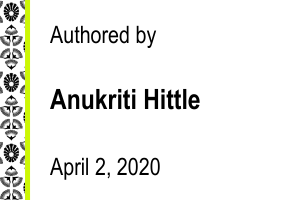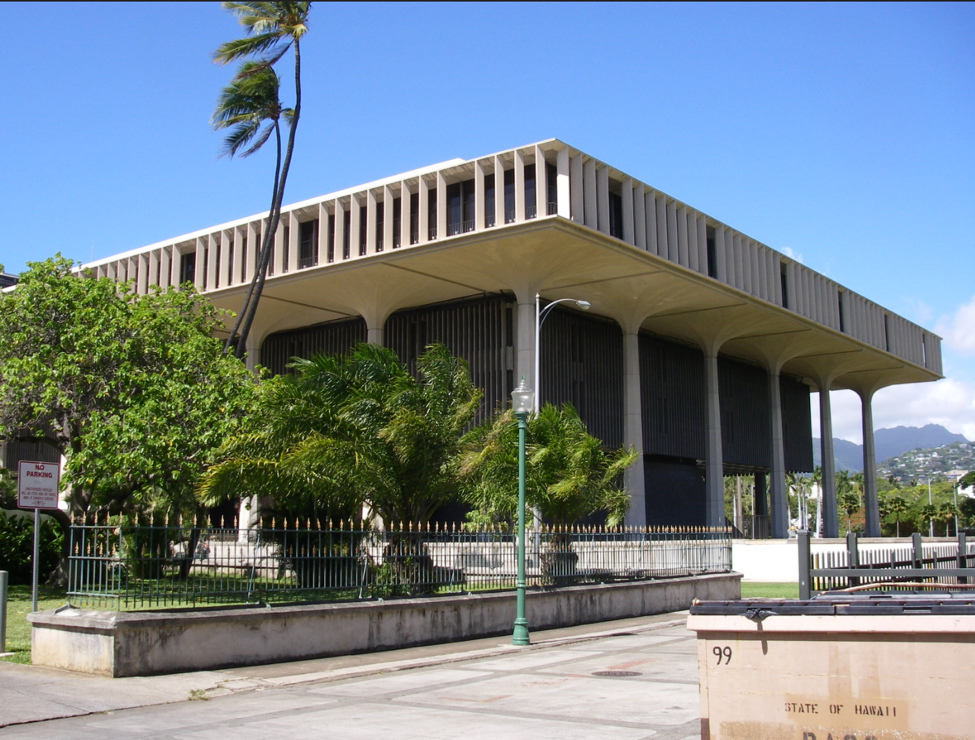- Home
- Critical Decade
- HI Climate Action
- HI Commission
- HI Resources
- HI Equity
- HI Events
A Carbon Tax for Hawai’i: The Good, the Necessary, and the Palatable
 Economists at the IMF say a carbon tax is the single most powerful way to combat climate change. Some say economists are out of touch with the “real world” –and that’s probably true. But Hawaiʻi’s state Senate, which surely is in touch, has actually passed carbon tax legislation for the second session in a row– with 23 votes in favor, and 2 against.
Economists at the IMF say a carbon tax is the single most powerful way to combat climate change. Some say economists are out of touch with the “real world” –and that’s probably true. But Hawaiʻi’s state Senate, which surely is in touch, has actually passed carbon tax legislation for the second session in a row– with 23 votes in favor, and 2 against.
The day Hawaiʻi’s legislature closed for indefinite recess because of COVID-19 issues, Hawaiʻi’s carbon tax measure was awaiting a hearing in the House. This year, it introduced an interesting equity angle in the form of income-based tax credits. This may even help transcend the real-world situation in which Hawaiʻi finds itself—that of being the most expensive state in the nation faced with climate change events that test its resiliency and resources.
The Good and The Necessary. A carbon tax, like any other tax, is a payment (fee, extortion, whatever you want to call it) to the government. Taxes by raising prices can help change behavior and channel resources in a different direction. A carbon tax could reflect the full cost of what it means to burn and produce carbon dioxide—and so, discourage activities that produce CO2.
If you agree that life, property and nature are worth preserving (and are hurt by CO2 because it produces climate change), then a carbon tax can be a good thing because it could make us choose items that are “carbon-free” and so, a lifestyle that encourages the preservation of the things we value—healthy people, markets and ecosystems.
British Columbia instated a carbon fee (tax) in 2008, and gives us an example of the good, the necessary and the palatable aspects of a carbon tax. Emissions in BC have dropped by up to 15% (not nearly enough to get where we need to go, mind you). And neither its economy nor its government has toppled.


Perhaps best of all, everyone in BC received a “dividend” – a check in the mail from the revenues raised. We hear that BC residents talk eagerly about the checks and what they will spend them on. The check means more to lower income groups and so, addresses equity to some degree. It’s a way to make a carbon tax more palatable, not merely “good for you.” We know there’s no such thing as a free lunch and in fact, in Hawaiʻi, it’s an expensive lunch. However you look at it, in post-COVID times, this can’t possibly be a bad thing.
The current measure in the Hawaiʻi legislature doesn’t mention such a dividend option, but it would do well to consider one, and weigh it against the tax credit option that it currently describes. While both strategies help reduce the impact on lower income groups, face it, people tend to be more excited about a check in the mail with their name on it.
The most recent version of the bill in Hawaiʻi also proposes the creation of a special fund—for adapting to climate change. For Hawaiʻi, it is not just a question of cleaning up our carbon footprint, but of adapting to worsening climate. A special fund, if it is not specifically geared towards the lower income and more vulnerable populations runs the danger of subsidizing the rich/middle class yet again. To address this issue, we suggest using the fund for buybacks of coastal (and flood prone) properties for low income people and communities. In keeping with the state’s Climate Change Commission’s priorities to fund vulnerable infrastructure assessments, prioritization and implementation –of agencies and departments—we also suggest these take place first in the low income and vulnerable areas of the state, so that it is not the wealthier areas that get climate protection first, but the poorer and more vulnerable.

Acting swiftly, and in this clean, equitable and resilient manner, can lead us to a climate ready Hawaiʻi.
This blog was summarized from testimony in support of SB 3150 SD2 HD1 provided by Anukriti Hittle, Climate Change Mitigation and Adaptation Coordinator. March 17, 2020.
Disclaimer: The views and positions expressed on HI Blog are those of the authors and do not necessarily reflect the views and positions of the Hawaiʻi Climate Commission or the State of Hawaiʻi. If you notice an error in our research or have concerns about quality, please contact Anukriti Hittle at [email protected].
